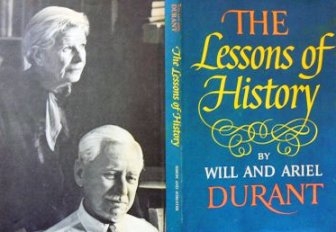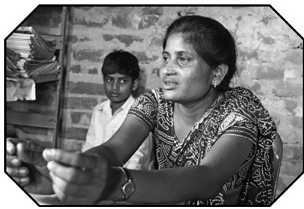From the Keirsey.com Website
In Memoriam, Nelson Mandela (18 July 1918 – 5 December 2013)
Champion Idealist Portrait of Nelson Mandela
The Captain of his Soul.
 He had been in jail for 27 years, where some of that involved hard manual labor. Dust, sweat, and blood: the breaking of rocks into gravel or working in a limestone quarry. As he details in his autobiography, it was a Long Walk to Freedom.
He had been in jail for 27 years, where some of that involved hard manual labor. Dust, sweat, and blood: the breaking of rocks into gravel or working in a limestone quarry. As he details in his autobiography, it was a Long Walk to Freedom.
“What does not kill me, makes me stronger.” – Friedrich Nietzsche
Passion requires Temperament
Success requires Circumstance
When interviewed by Oprah Winfrey, he was asked, “How could you forgive the people who imprisoned you for 27 years?” Mandela answered, essentially, that he didn’t have the time to waste on revenge or hating. He had a divided nation to forge into a united nation, for he had a passion, his country: The Union of South Africa. When he was released from prison, he had a job to do, and a job to finish, and if he didn’t do the right thing the country would have torn itself apart.
“I am fundamentally an optimist.” – Nelson Mandela
The prison system is designed to try to take away the dignity of the prisoner. It is designed to take out the enthusiasm for life. It is designed to break a man down. But there are some men, based on who they are: their Temperament and their unique journey in life, that instead become equipped to succeed in their goals, for it is enduring of trials and tribulations and becoming better for it, that forges the ability to cope and succeed with near impossible tasks. Case in point; unite a country divided by race.
It is not the critic who counts; not the man who points out how the strong man stumbles, or where the doer of deeds could have done them better. The credit belongs to the man who is actually in the arena, whose face is marred by dust and sweat and blood; who strives valiantly; who errs, who comes short again and again, because there is no effort without error and shortcoming; but who does actually strive to do the deeds; who knows great enthusiasms, the great devotions; who spends himself in a worthy cause; who at the best knows in the end the triumph of high achievement, and who at the worst, if he fails, at least fails while daring greatly, so that his place shall never be with those cold and timid souls who neither know victory nor defeat. — Theodore Roosevelt
The continent of Africa is littered with countries that have been, or are in, ethnic chaos or that are ethnic cleansing basket cases: Sudan, Uganda, Rwanda, Burundi, Kenya, Zimbabwe (Southern Rhodesia). Mandela had to find a cause that all South Africans could cheer for, to unite in. He garnered the hosting of the 1995 Rugby World Cup — and it was a simple rugby team, the Springboks, whose captain, François Pienaar, Mandela inspired with the Roosevelt quote. Said Pienaar ,”He talked to me and encouraged me in our efforts on the field, to win the World Cup.” The Springboks had now one black player, but still in the eyes of blacks South Africans was considered a symbol of the all white, apartheid South Africa. The Springboks had been the target of international controversy and protest since 1960, banned from international play because of the Union of South Africa’s whites only policies, until the breakup of apartheid. Mandela championed the team whenever and wherever he could, despite the team’s initial unpopularity. As the 9th seed in the tournament, the team defeated higher ranked teams to get to the finals. After the underdog Springboks had narrowly won, in extra-time, the epic Final 15 – 12, President Mandela, wearing a Springbok shirt, presented the World Cup trophy to captain Pienaar, a white Afrikaner. The gesture was widely seen as a major step towards the reconciliation of white and black South Africans.
Invictus
Out of the night that covers me,
Black as the pit from pole to pole,
I thank whatever gods may be
For my unconquerable soul.
In the fell clutch of circumstance
I have not winced nor cried aloud.
Under the bludgeonings of chance
My head is bloody, but unbowed.
Beyond this place of wrath and tears
Looms but the Horror of the shade,
And yet the menace of the years
Finds and shall find me unafraid.
It matters not how strait the gate,
How charged with punishments the scroll,
I am the master of my fate:
I am the captain of my soul

 He had been in jail for 27 years, where some of that involved hard manual labor. Dust, sweat, and blood: the breaking of rocks into gravel or working in a limestone quarry. As he details in his autobiography, it was a Long Walk to Freedom.
He had been in jail for 27 years, where some of that involved hard manual labor. Dust, sweat, and blood: the breaking of rocks into gravel or working in a limestone quarry. As he details in his autobiography, it was a Long Walk to Freedom.





